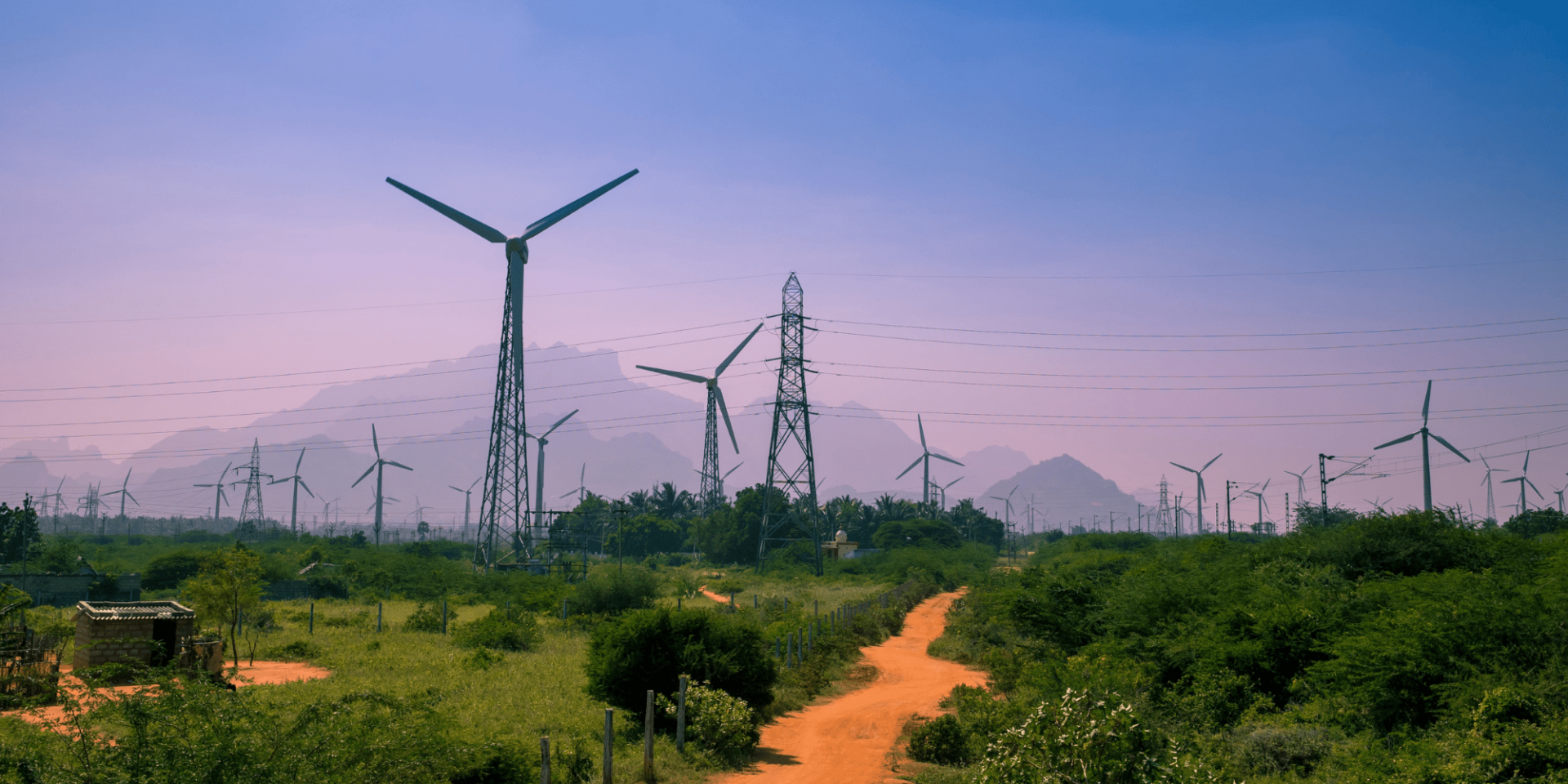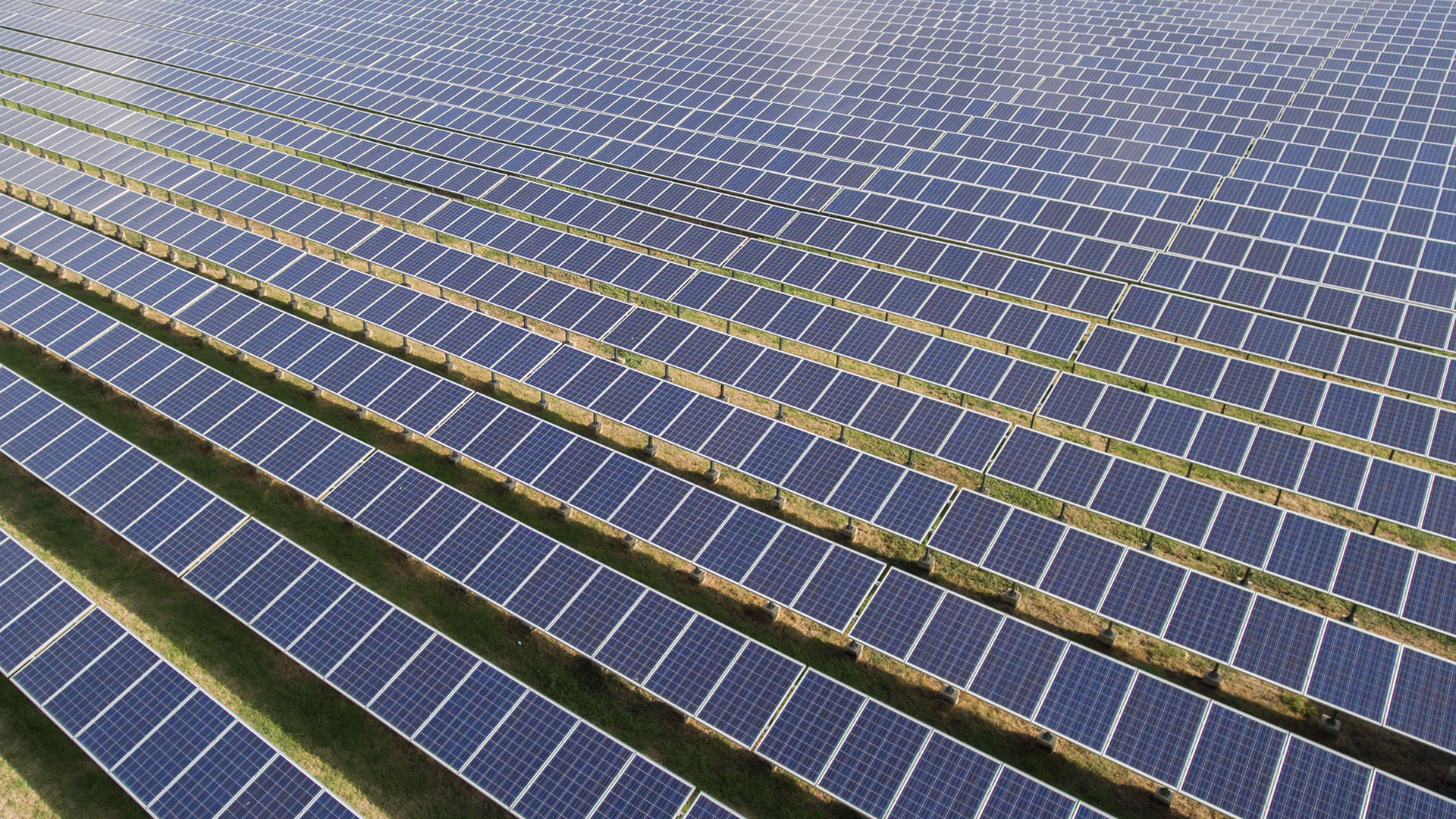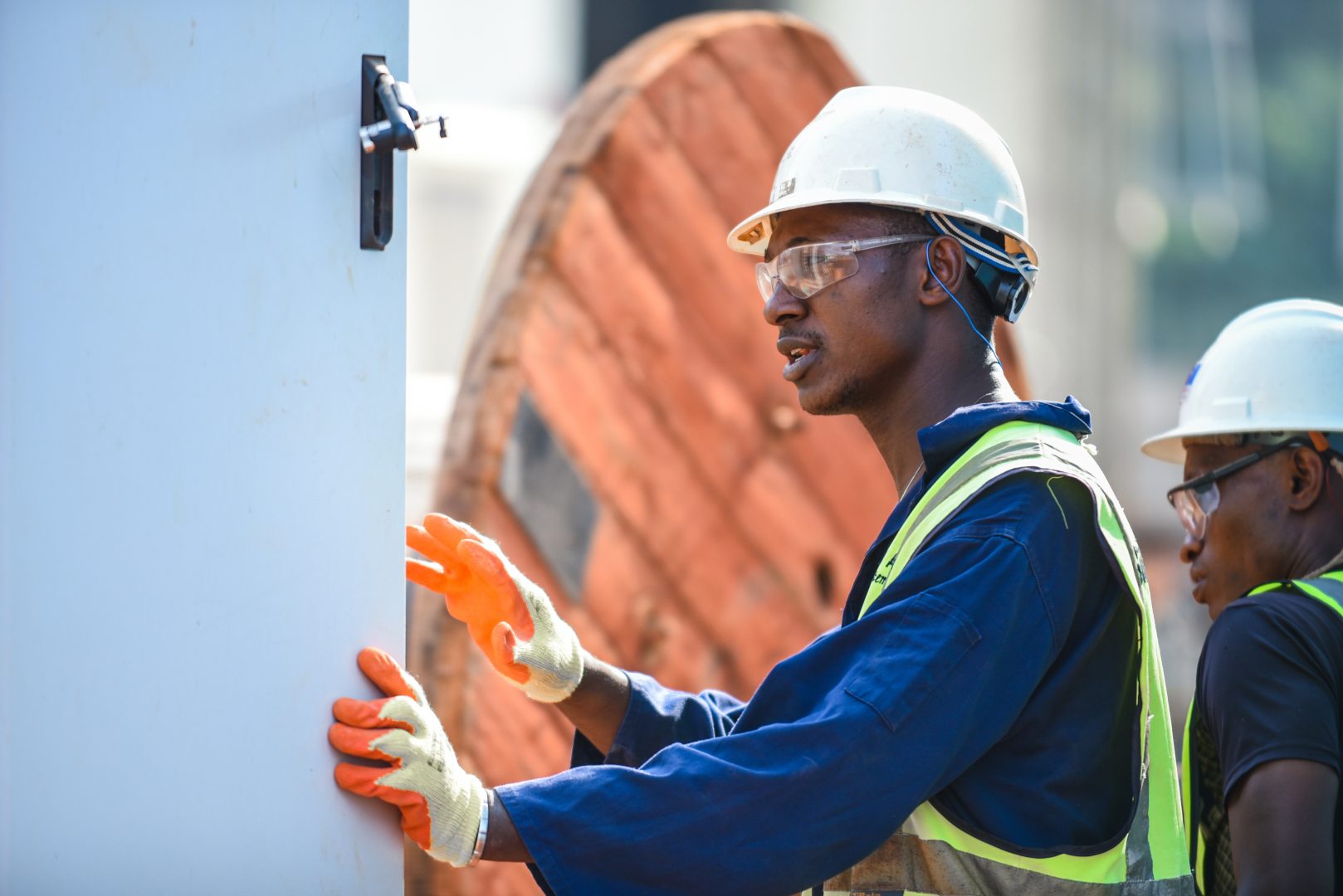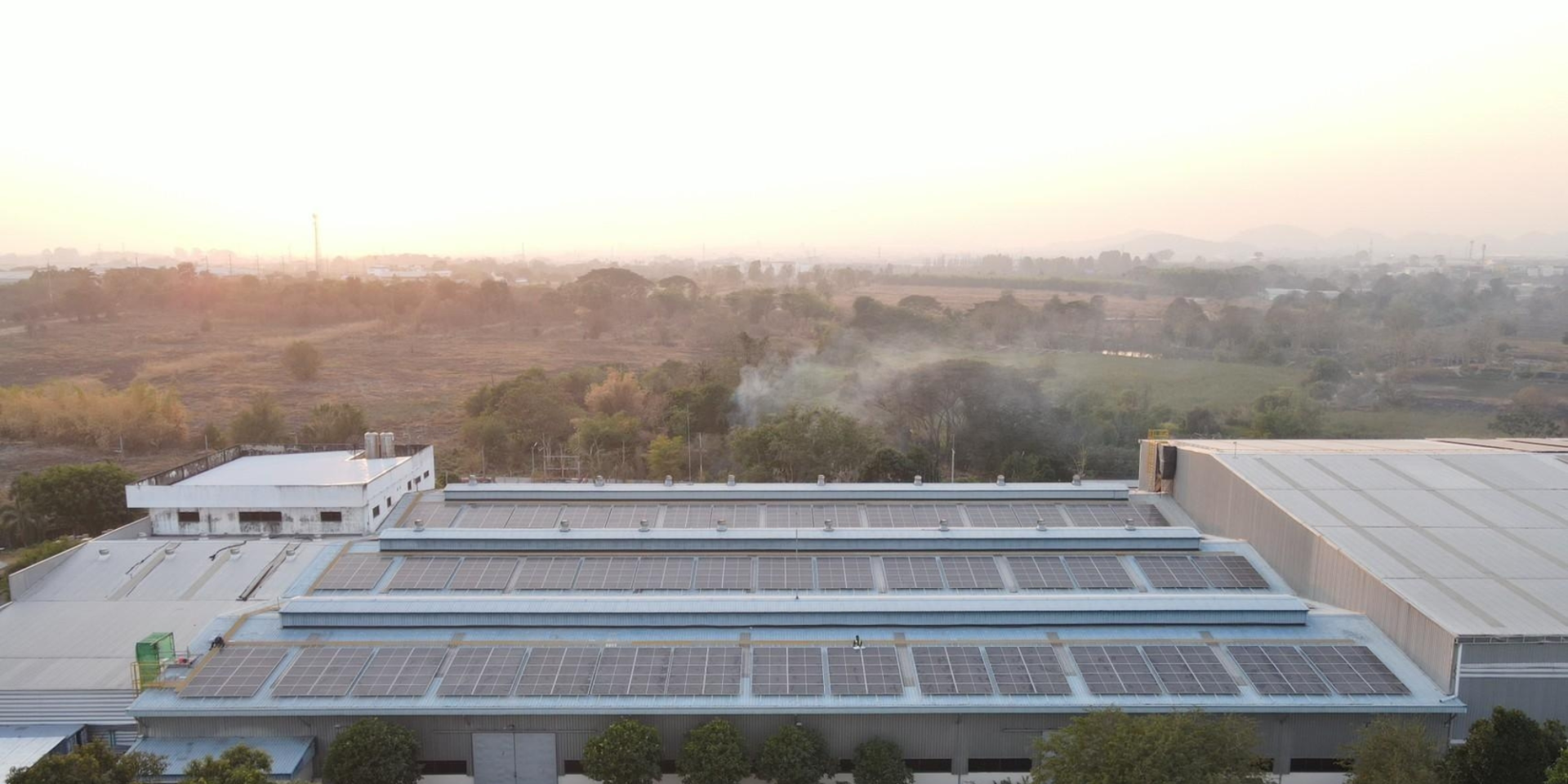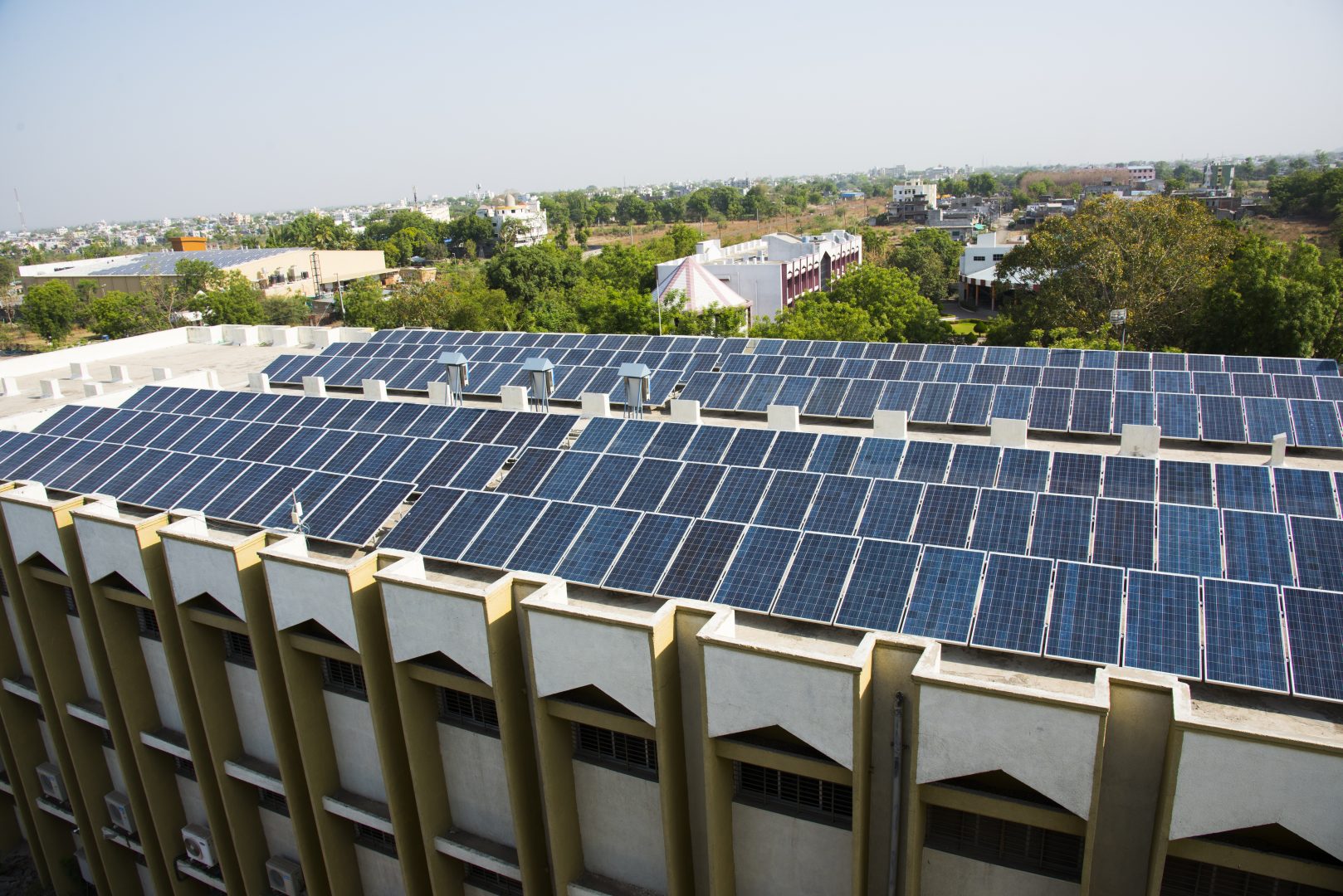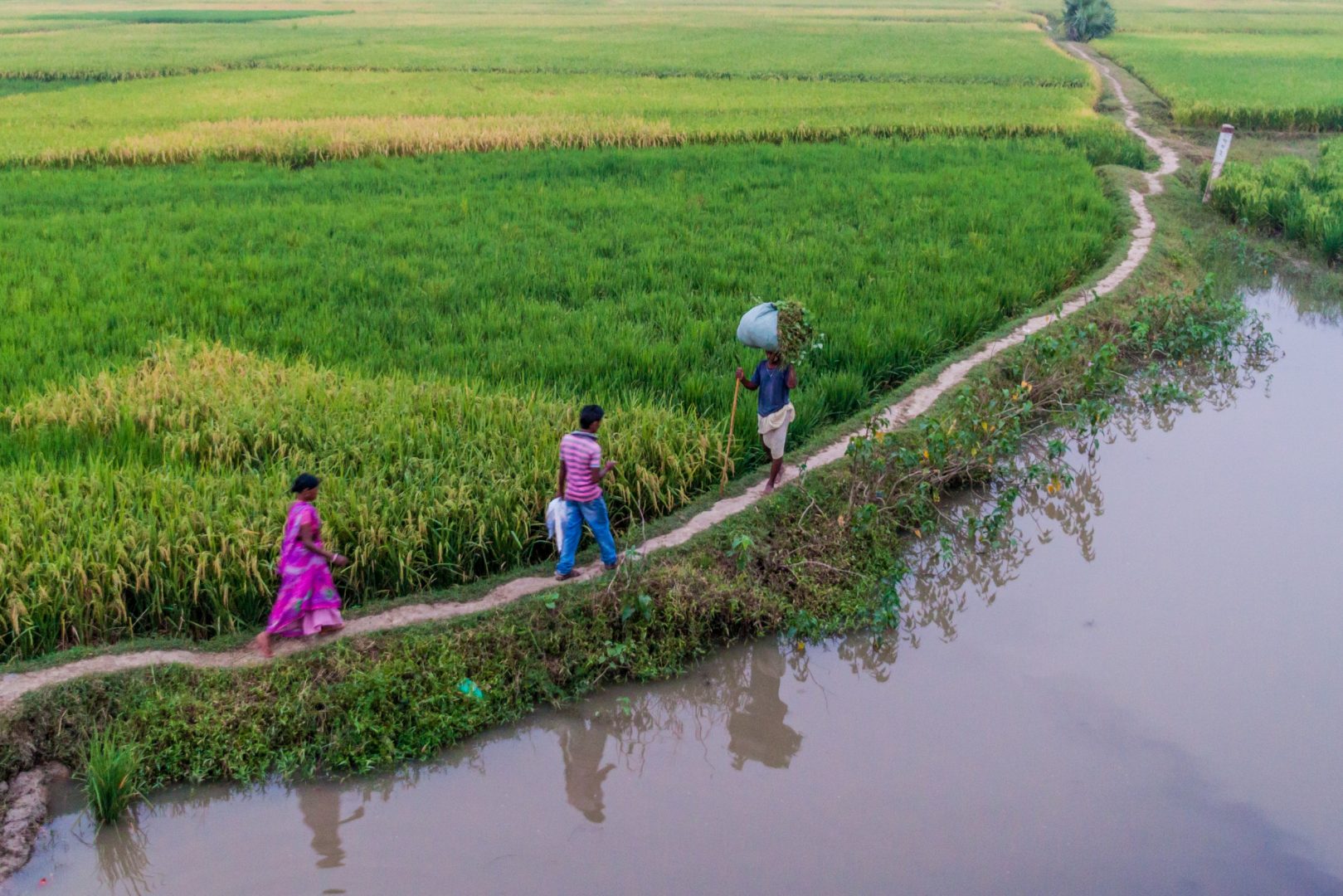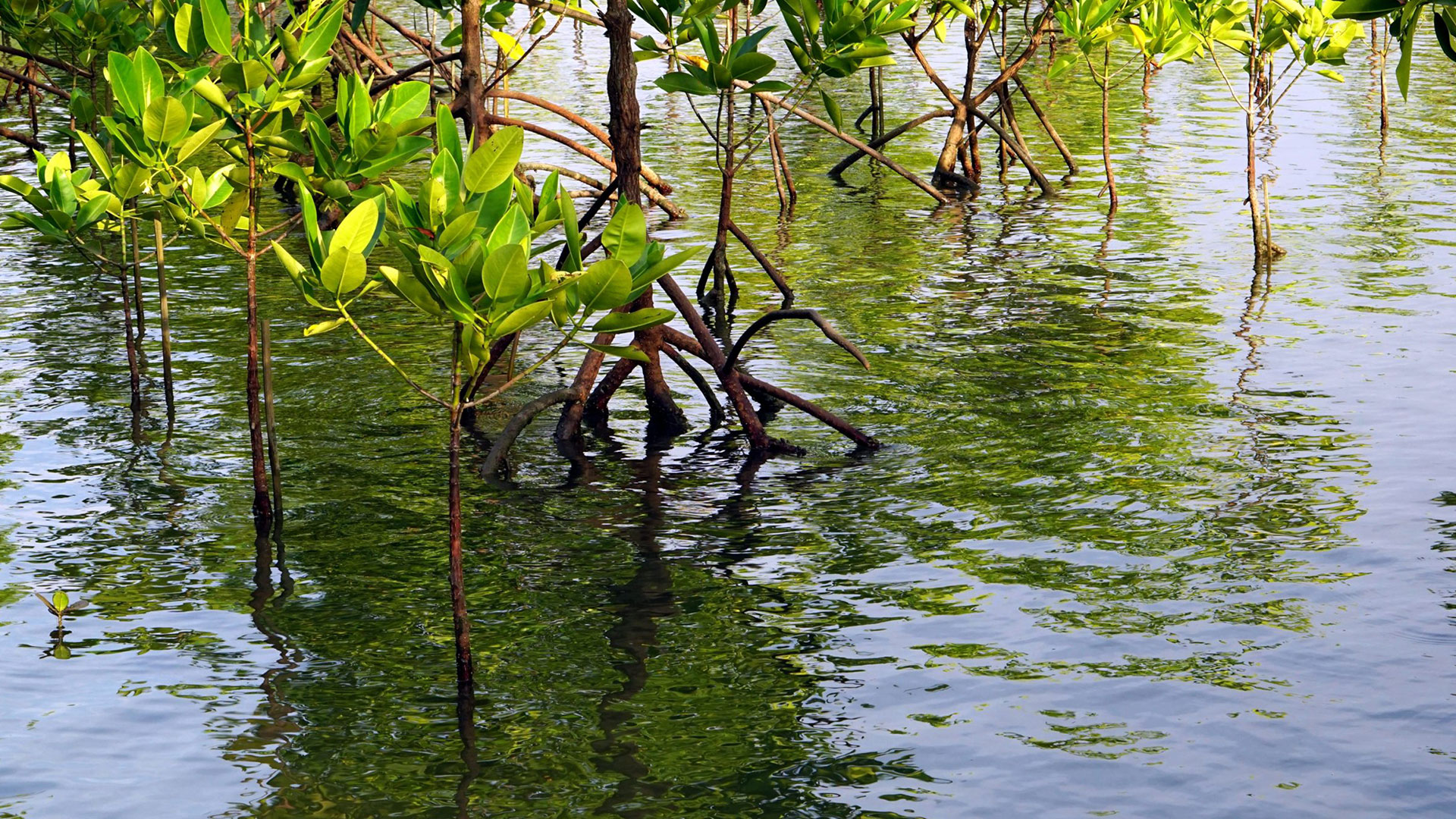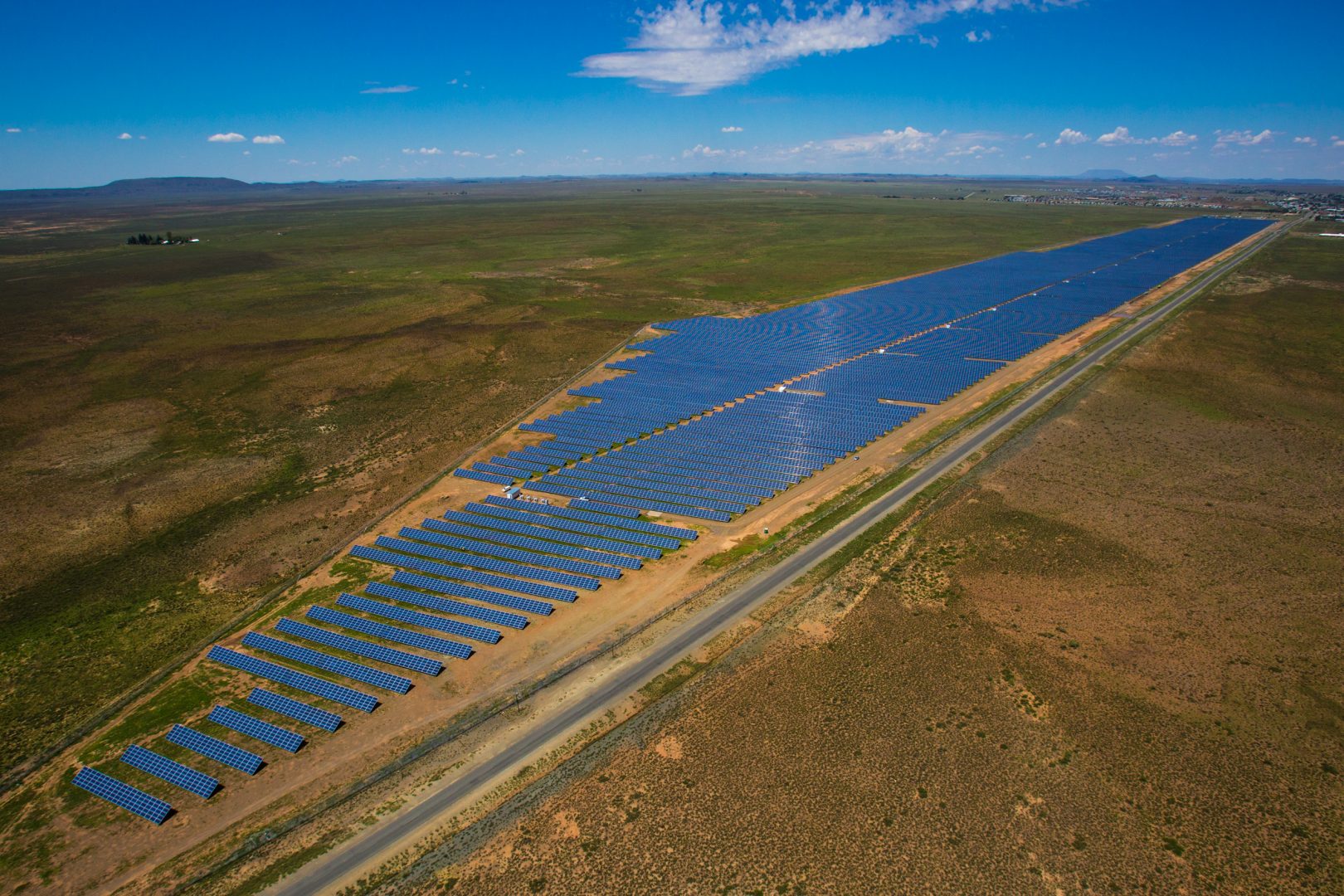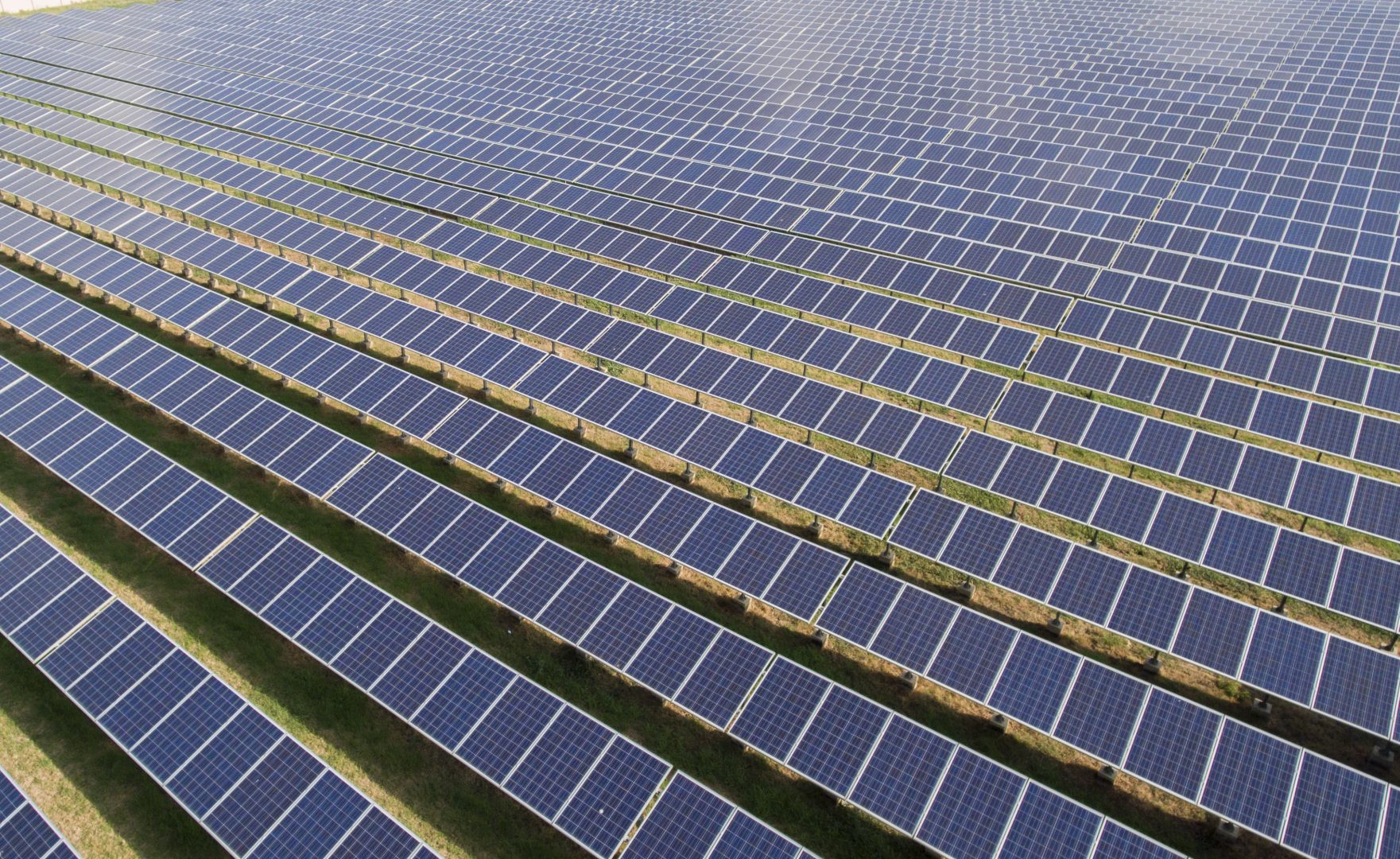This article was first published by the Grantham Research Institute on Climate Change and the Environment at LSE.
With COP26 on the horizon and the COVID-19 pandemic highlighting the critical need to address inequality by stimulating investments in a green and inclusive recovery, CDC Group and its partners are looking to mobilise capital for the just transition in two of the world’s largest coal-dependent economies and are urging others to join the effort.
The imperative of a just transition – where no one is left behind in the shift to a greener economy – is the next frontier of climate action, as the Grantham Research Institute noted in July last year. Over 90% of climate finance flows towards net-zero investments – such as renewable energy – which is vital and must accelerate. Increasingly, we are also starting to see a focus on integrating the social dimension of climate change into investments to support a transition towards greener, job-creating sectors alongside a focus on adaptation and resilience.
What I find particularly exciting is that the just transition – with its origins in the labour movement and referenced in the Paris Agreement – is gaining real traction among the global finance community. In 2019, 150 institutional investors including CDC – with over US$10 trillion of assets – made commitments to supporting the just transition. Following this, last year 450 public development banks pledged to “take into account the imperative of a just, inclusive and rights-based transition” as part of their strategy to build back better from COVID-19.
For us at CDC, committing to and promoting a just transition is a natural fit, which is why it is one of three pillars of our Climate Change strategy launched in July 2020. There are three main reasons for this.
First, as the UK Government’s impact investment arm, we commit on average $2bn of capital each year. It is our responsibility to think about how we invest in Africa and South Asia in an inclusive way, and how we can support and accelerate a green recovery in the context of the COVID-19 pandemic. These concepts are at the heart of a just transition.
Secondly, the just transition agenda aligns well with CDC’s development impact priorities. We see strong synergies between tackling climate change, promoting gender equality and decent work, and developing skills. For example, we have invested in Miro Forestry, a sustainable forestry and timber business in Ghana and Sierra Leone, which sustained about 2,000 formal jobs in 2020 and expects to more than double this in the coming years. At Miro, a Gender Action Plan has been put in place to increase the proportion of women in the workforce.
Thirdly, through our intermediated investments we support other financial institutions – such as banks and funds – in Africa and South Asia. By engaging with our partners, we can shape an agenda around financing the just transition in a more scalable way. Recognising the importance of stimulating action among other impact investors, alongside our European Development Finance Institution (EDFI) peers we published a Statement on Climate and Energy Finance in November 2020, in which we committed to developing practical guidance and initiatives on how to invest for a just transition.
Why focus on South Africa and India?
South Africa and India have a significant task ahead of them to transition their economies to cleaner and more inclusive growth. From a risk perspective, both are vulnerable to the increasing physical impacts of climate change and both also have coal-dependent energy systems. Large numbers of workers and key regions rely on high-carbon patterns of production. Equally, both countries are already seizing some of the growth opportunities around the green economy, with the potential for enhanced energy access and job creation.
Finance can play a potentially important role in addressing these social risks and seizing the transition opportunities. This is not only about leaving no one behind, but also shaping the transition so that everyone steps forward.
Now is the time to develop national agendas around financing the just transition in these and other critical countries, sharing emerging practice from other countries and regions. Investors like CDC have a strategic interest in working with these countries in making a successful transition, including by investing in businesses that create jobs in coal-dependent regions. We are also working with our portfolio companies to test new and scalable approaches to the just transition in these countries. For example, in partnership with Ayana Renewable Power, which CDC established three years ago, we have developed a skills programme for rural youth to access solar jobs in Andhra Pradesh and Rajasthan, India’s third largest solar producing state, showing how clean power can deliver positive social impact.
However, our most ambitious work for a just transition has only just begun. On 19 January 2021, CDC and our partners launched the Just Transition Finance Roadmaps (JTFR) in South Africa and India project. The project aims to mobilise capital aligned to the just transition in South Africa and India by signalling where future investment and financing is needed (e.g. coal-dependent regions) and how these investments and financing should be undertaken to maximise social and economic benefits. Through the JTFR project, we hope to engage the international finance community to support this transition, alongside governments, policymakers, regulators, civil society and local communities. It’s an important year globally with COP26 in November 2021 and also for CDC as we finalise our 2022–26 Strategy. We look forward to working with our partners to outline how we can more intentionally invest for a just transition in South Africa and India.
The Just Transition Finance Roadmaps in South Africa and India project was launched on 19 January 2021. A recording of the project launch can be found here. Project partners include Trade & Industrial Policy Strategies, National Business Initiative, Observer Research Foundation, the Grantham Research Institute on Climate Change and the Environment at LSE, Harvard Kennedy School’s Initiative for Responsible Investment and CDC Group.
More information about CDC Group’s Climate Change Strategy can be found here.
The views in this commentary are those of the author and do not necessarily represent those of the Grantham Research Institute.
